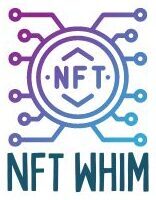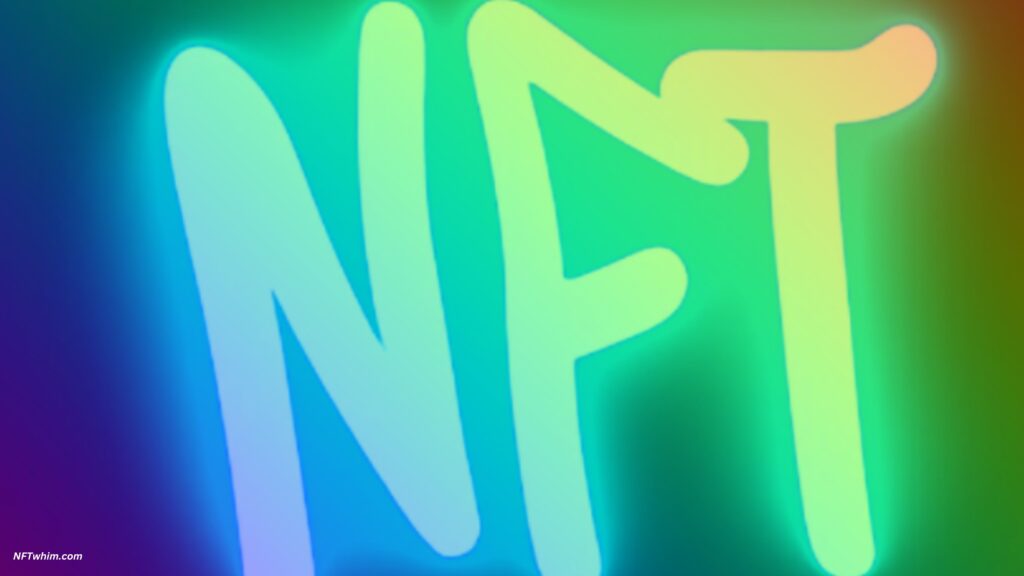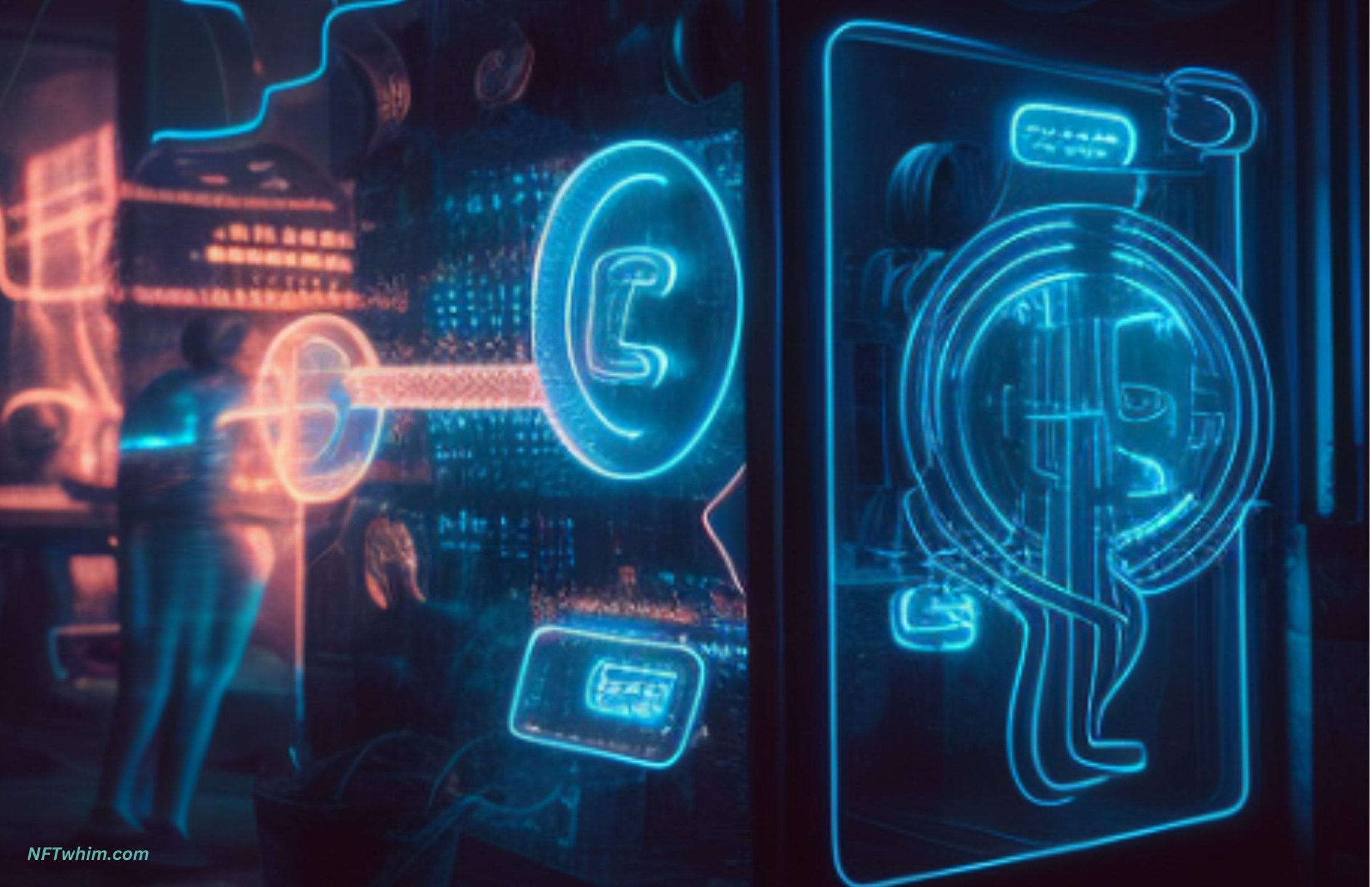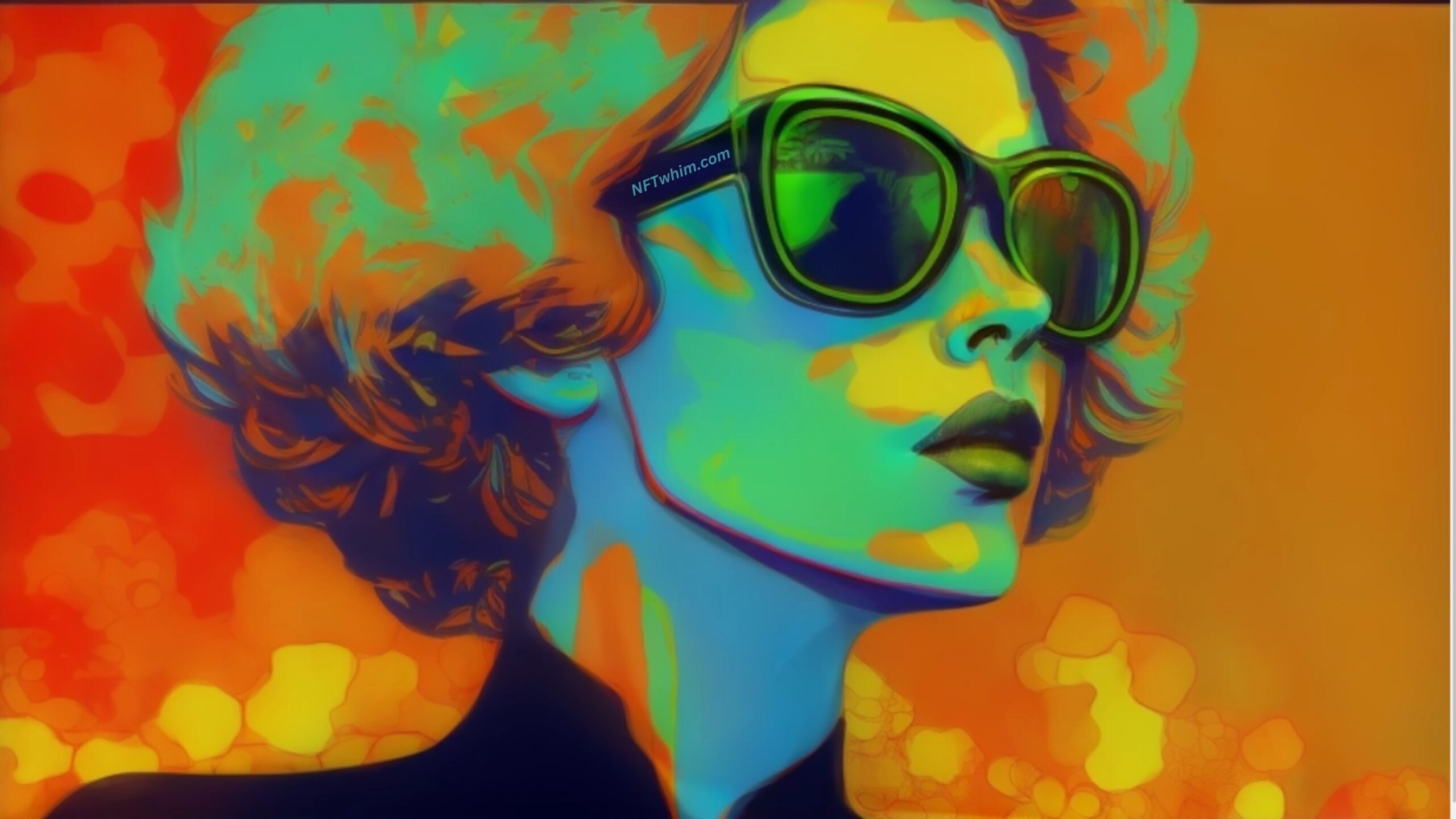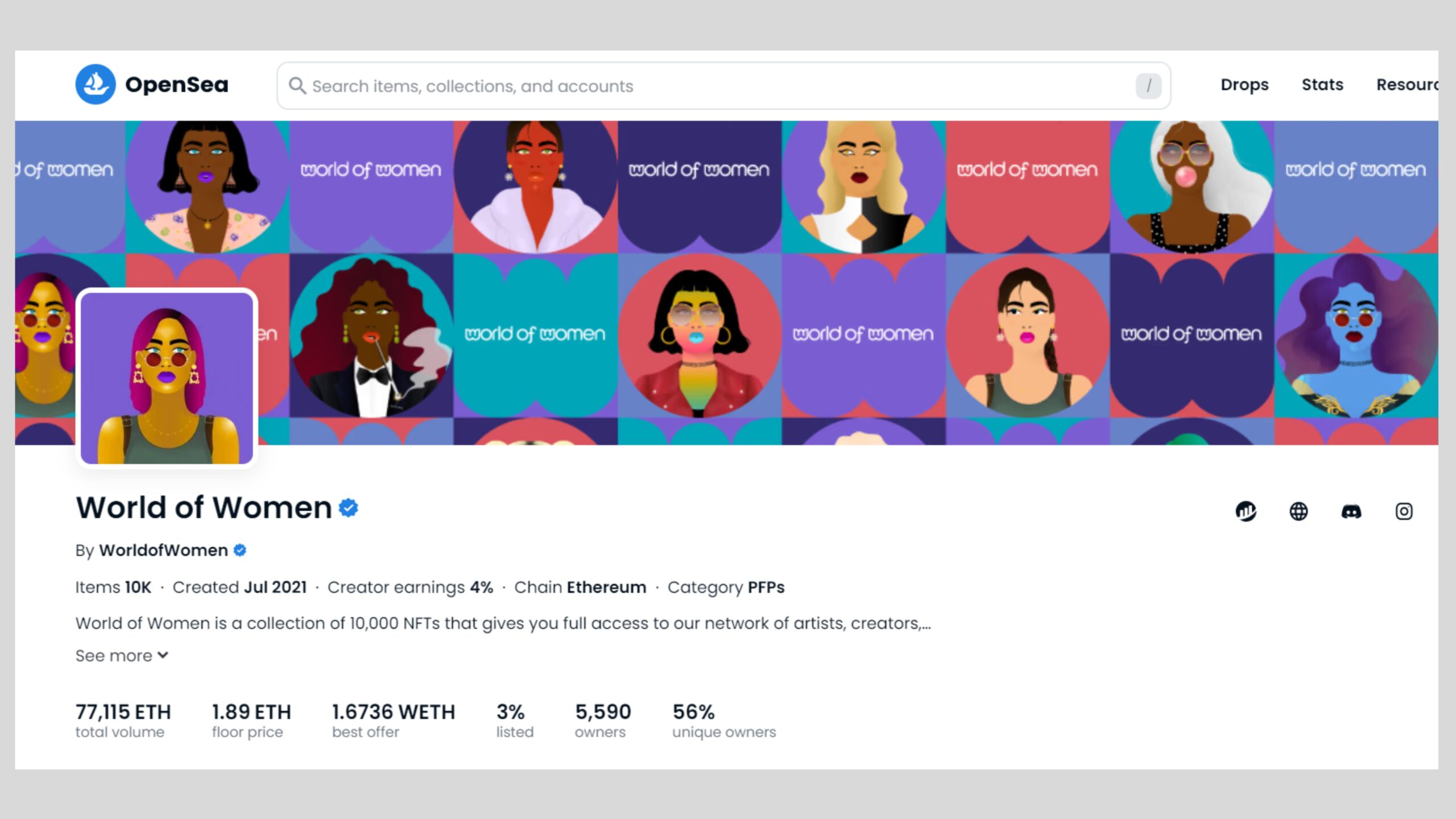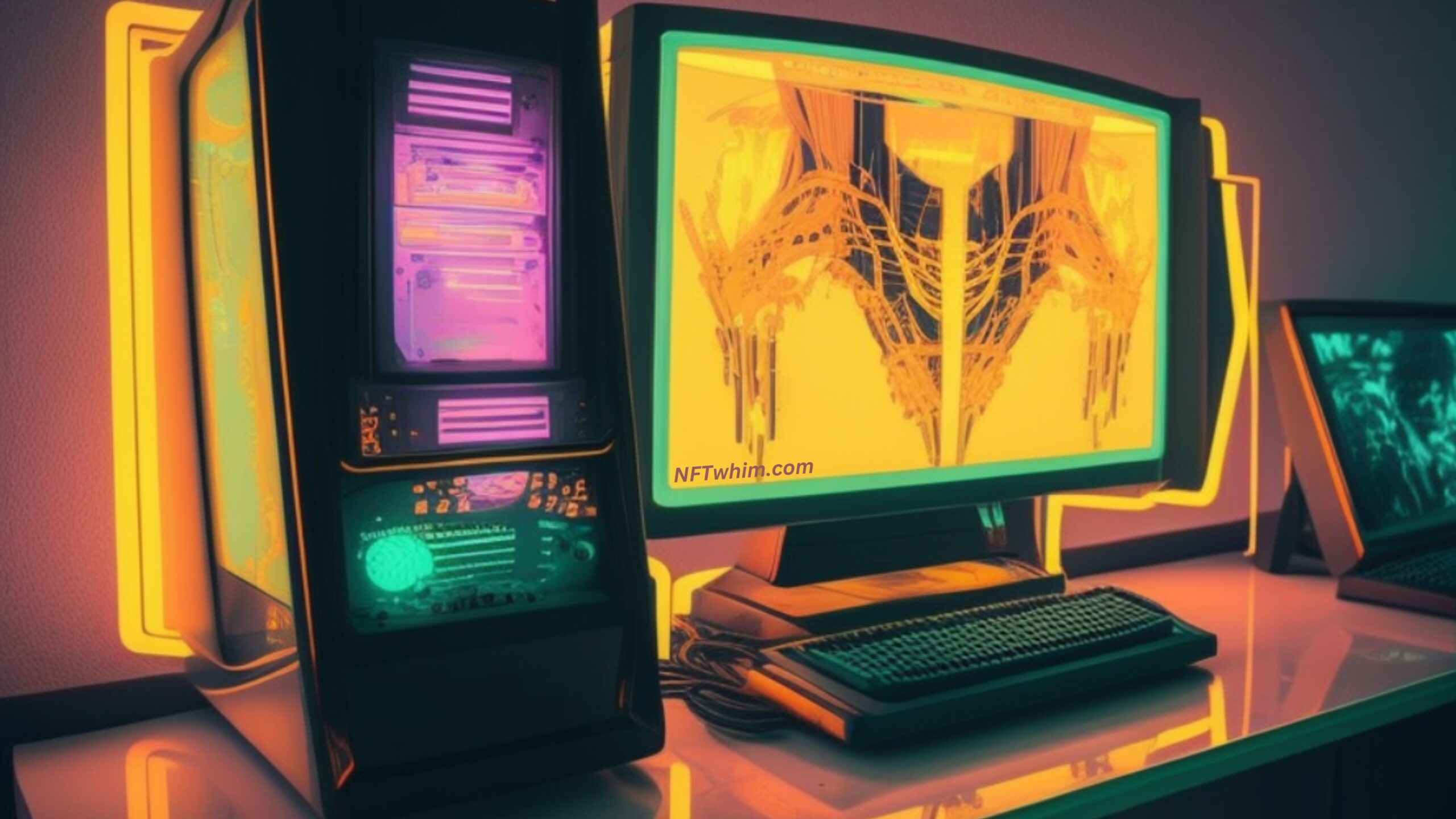The hype surrounding NFTs has led many people to believe that selling these unique digital assets is a surefire way to make a quick profit. However, like any venture, there are risks involved, and not all NFTs will sell for a profit. In fact, a majority of NFT projects flop as of today, which is a fact not so often talked about. In this blog post, we’ll explore what happens if an NFT does not sell and what options are available to the seller.
What is an NFT?
Before diving into the topic of what happens when an NFT doesn’t sell, let’s quickly define what an NFT is. NFT stands for Non-Fungible Token, which is a unique digital asset that is verified on a blockchain. Think of it like a digital certificate of authenticity that proves ownership of a specific digital item, such as artwork, music, or even tweets.
NFTs have become increasingly popular in recent years, with some selling for millions of dollars. While this hype has made headlines, it’s important to remember that not all NFTs will sell for such high prices.
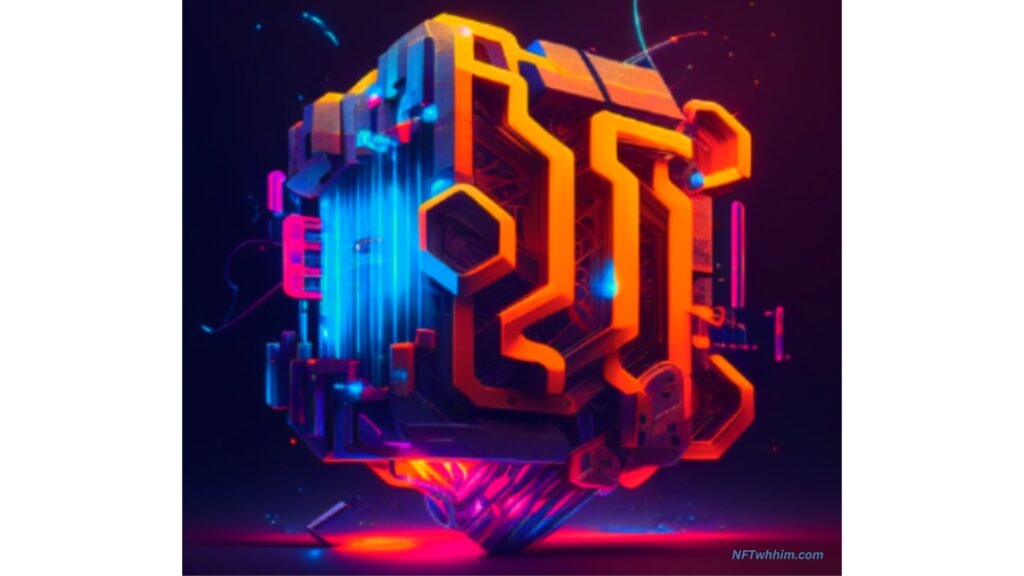
By the way, you might also be interested in this article that goes through everything you need to know about royalties as an NFT creator.
Why might an NFT not sell?
There are many reasons why an NFT might not sell. Some of the most common reasons include:
- Lack of demand: Just because you believe your NFT is valuable, doesn’t mean there is a market for it. If there isn’t a demand for your specific NFT, it may not sell.
- Overpricing: As with any product, if you price your NFT too high, it may not sell. It’s important to do research on similar NFTs and price yours competitively.
- Poor marketing: If you’re not effectively marketing your NFT, it may go unnoticed. Make sure to use social media and other marketing tactics to get the word out about your NFT.
- Technical difficulties: Some NFT marketplaces, like OpenSea, have had technical difficulties in the past that have prevented sellers from listing or buyers from purchasing NFTs.
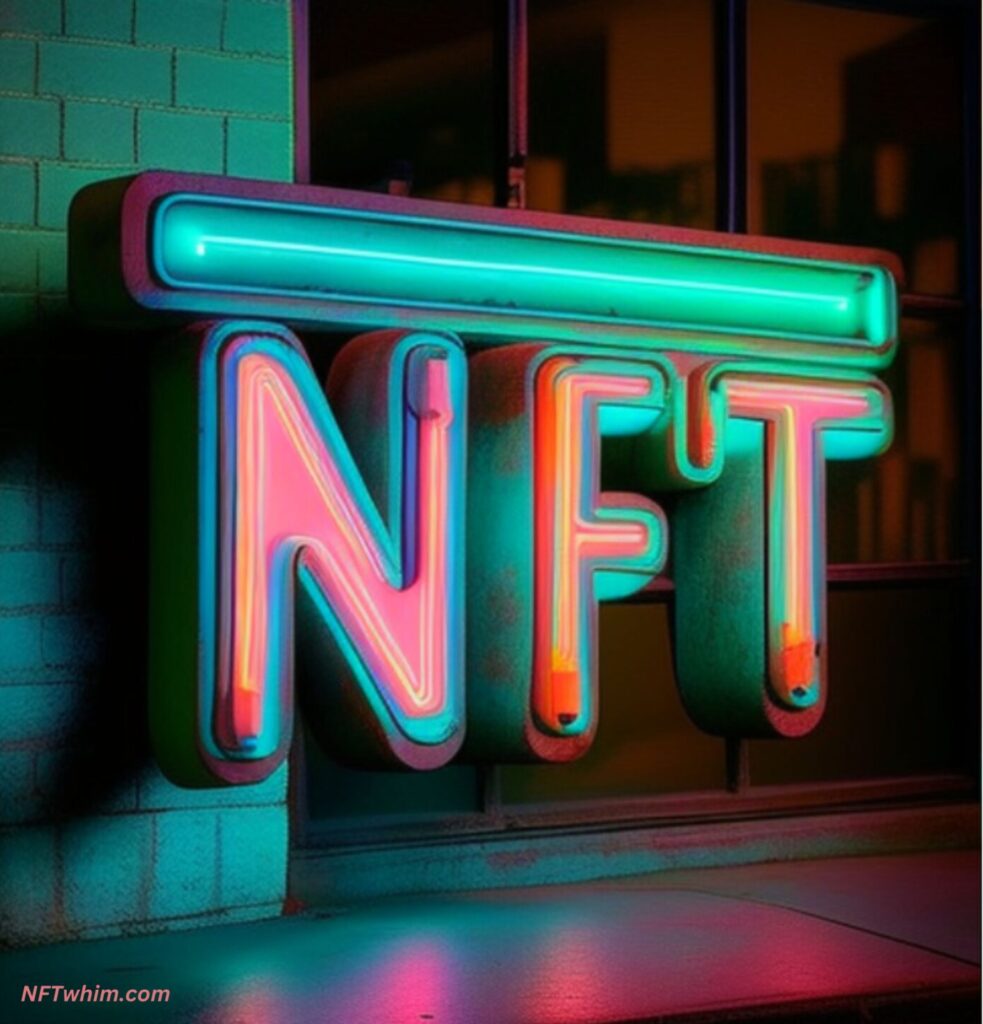
What happens if an NFT doesn’t sell?
If an NFT doesn’t sell, the seller has a few options:
- Relist the NFT: If an NFT doesn’t sell, the seller can choose to relist it on a marketplace like OpenSea or try selling it on a different platform. When relisting, the seller may want to adjust the price, add more detailed information, or improve the marketing strategy to increase the chances of a sale.
- Hold onto the NFT: If the seller is not in a rush to sell the NFT, they can choose to hold onto it and wait for the market to change. Sometimes NFTs may take longer to sell or become more valuable over time.
- Donate the NFT: If the seller is feeling generous, they can choose to donate the NFT to a charity or organization. This is a great way to support a cause while also getting rid of an unsold NFT.
- Destroy the NFT: While this option may seem extreme, some NFT owners have chosen to destroy their NFTs. This can be seen as a way to create scarcity and increase the value of similar NFTs.
What are the financial implications of an NFT not selling?
If an NFT doesn’t sell, the seller will not receive any money. They will also have to pay any fees associated with listing the NFT. However, the seller may be able to claim a tax deduction for the loss if they can prove that they purchased the NFT as an investment.
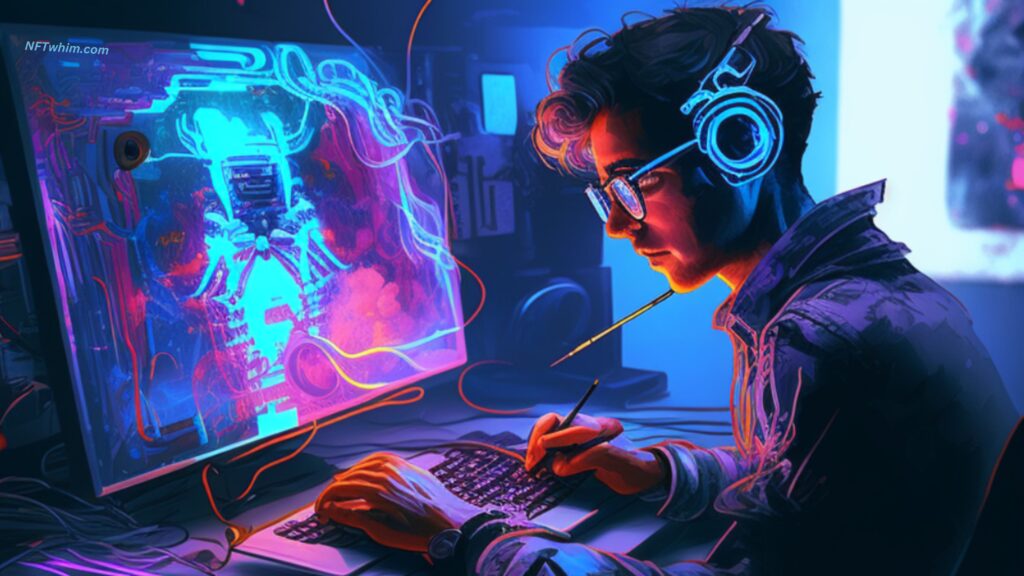
Tips to help increase the chances of your NFT selling
Promote Your NFT
Just like any product, promotion is key when it comes to selling your NFT. Share your NFT on social media platforms and other online forums to gain exposure. Reach out to influencers or collectors who may be interested in your work and see if they can help you promote your NFT. Don’t be afraid to invest in advertising, either. Platforms like Google and Facebook offer advertising options that can help you reach your target audience.
Price it Right
Pricing your NFT is one of the most important aspects of selling it. Make sure you do your research and price it appropriately. If you price it too high, it may be overlooked by potential buyers. If you price it too low, you risk losing money on the sale. Look at other similar NFTs that have sold in the past and use that as a guide for pricing yours.
Use a Reserve Price
A reserve price is the minimum price that you are willing to accept for your NFT. This ensures that you won’t sell your NFT for less than it’s worth. If bidding doesn’t reach the reserve price, you can choose not to sell the NFT. This can be a good way to protect yourself from underselling your NFT, but keep in mind that it can also deter potential buyers who may not want to bid if they are unsure whether they will meet the reserve.
Create a Narrative
People are more likely to buy something if they feel a connection to it. Use storytelling to create a narrative around your NFT. This could include the inspiration behind the piece, the techniques used, or the story behind its creation. Creating a backstory can help potential buyers feel more invested in the piece and increase the chances of it selling.
Be Patient
Sometimes it can take a while for an NFT to sell. Don’t get discouraged if your NFT doesn’t sell right away. Keep promoting it and be patient. The market for NFTs is still relatively new, and it’s constantly evolving. Keep an eye on trends and adjust your strategy accordingly. With patience and persistence, you may find the perfect buyer for your NFT.
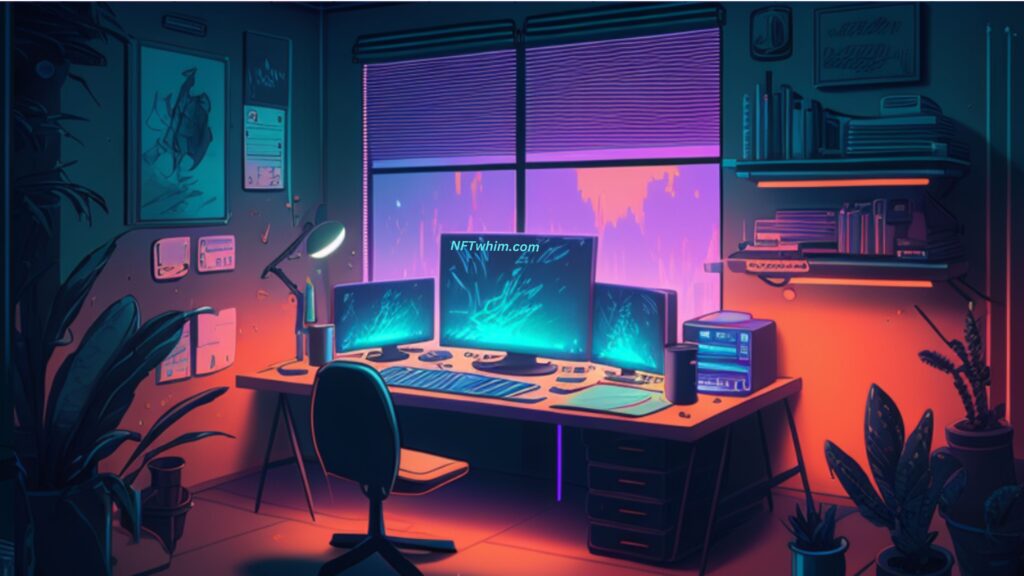
What to Do if Your NFT Doesn’t Sell: Final Thoughts
Selling an NFT can be an exciting and potentially lucrative endeavor, but it’s important to be prepared for the possibility that your NFT may not sell right away. If this happens, don’t panic. Instead, take a step back, evaluate your strategy, and consider your options for getting your NFT in front of more potential buyers. With the right approach and a little patience, you may be able to find a buyer for your NFT and turn a profit in the process. And if not, you can always hold onto it and hope for a brighter future in the world of NFTs.
Robin
Author: Robin Olsson
Author Bio: I’m Robin and on this website, I share everything I’ve learned since getting into NFTs in 2021. I have a background in research and I’ve been in crypto for several years. You can read more about me here.
